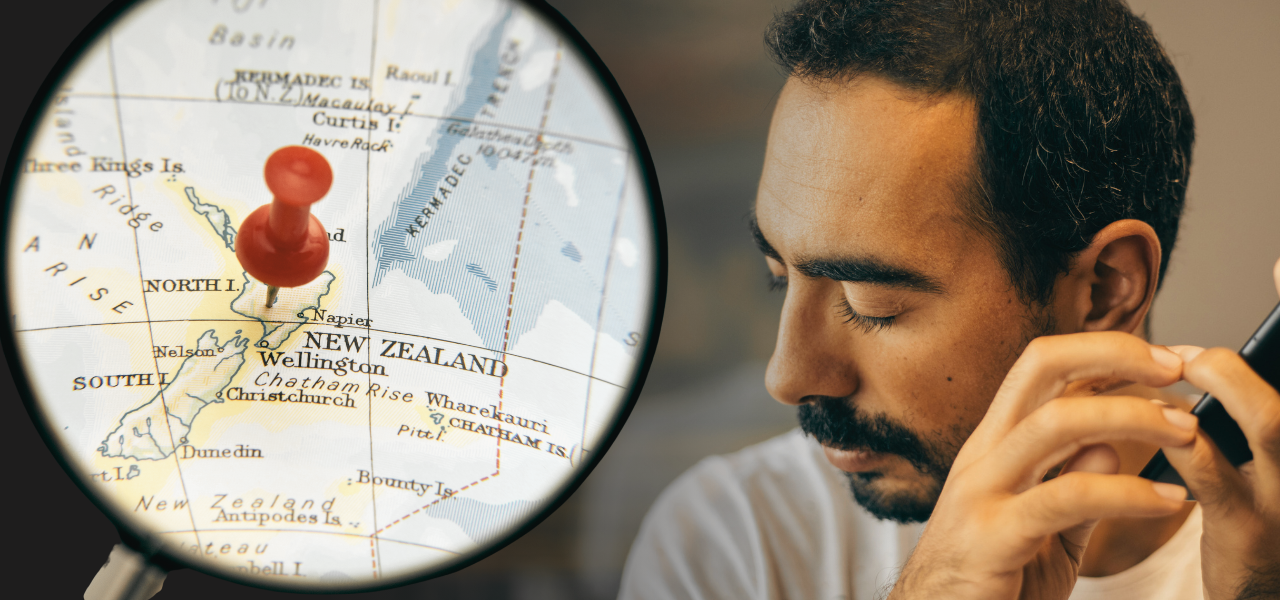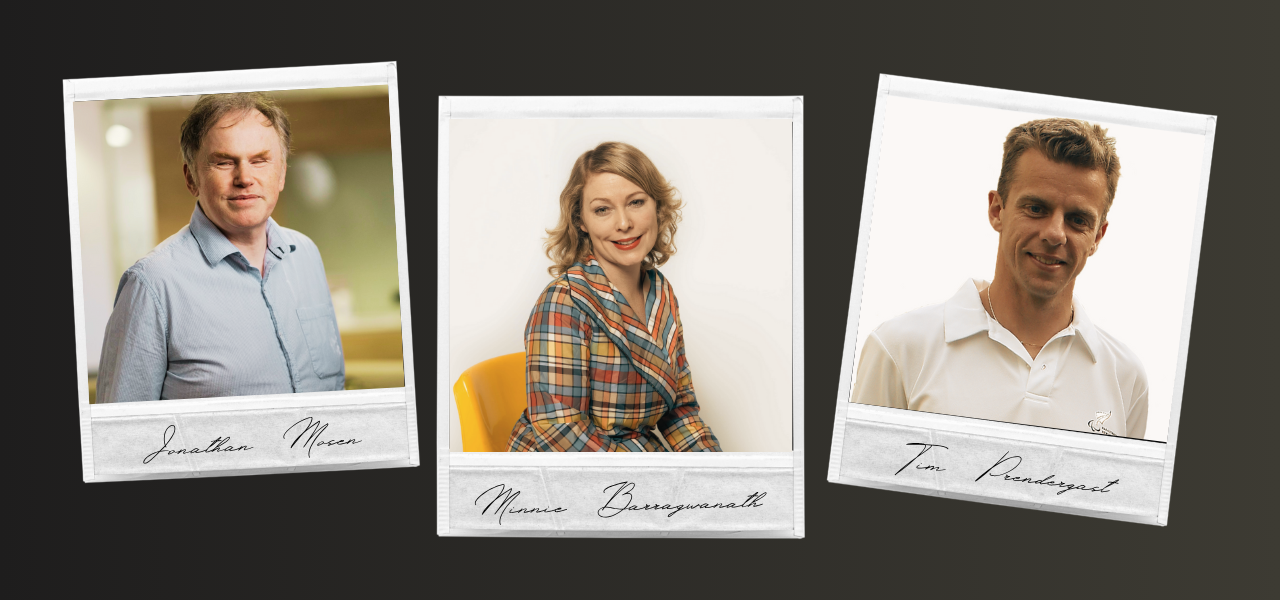A Blind Job Seeker in New Zealand
Job hunting is among the most important skills in today’s professional world. Often, the ability to find a job proves more important than the professional skills themselves. Though ‘entering the job market’ might seem vague or grandiose, HR professionals take it very seriously.
Work Opportunities for All
Essential job-seeking skills—writing a resume, applying for vacancies, going through multiple interview stages, and evaluating a job offer—are just a bit more complicated than they appear at first glance. However, many of us know from personal experience how many exhausting hours are spent finding the right words for a resume, making phone calls to companies, and attending meetings and interviews with HR specialists and future supervisors.
Job hunting is itself a work, even more demanding. And if it’s hard for those without limitations in hearing, sight, or mobility, the challenge is even greater for someone without sight.
The UN Convention on the Rights of Persons with Disabilities, signed by both Australia and New Zealand, obliges all signatory countries to ensure equal employment rights and opportunities for people with disabilities.
While New Zealand does not impose mandatory employment quotas for blind individuals, several organizations help them secure employment. These organizations also support employers by advising them on how to adapt workplaces for visually impaired employees.
Who Helps People Find Jobs in New Zealand?

One such organization is Blind Low Vision NZ, which operates nationwide. It supports visually impaired individuals in finding work by offering both core and specialized training, matching mentors, and helping employers accommodate the needs of blind workers.
Although New Zealand is smaller than its neighbor, Australia, other organizations offer similar support:
- Support Funds: finances assistive technologies that ease work-related tasks. It also supports the adaptation of transport for people with disabilities, including those who are blind.
- Workbridge: a national employment service provider in New Zealand that includes support for people with visual impairments. It develops practical recommendations, runs workshops, finds mentors, and supports both initial and ongoing training.
- Vision Rehab NZ: based in Auckland and founded in 2020, it not only helps visually impaired individuals find work and adapt to new workplaces but also ensures access to treatment and individual care plans.
- Vocational Rehabilitation Program: a collaborative framework of state and local programs supporting those with impaired vision in job search efforts through tailored training and individual rehabilitation.
Popular Career Fields for the Blind or Visually Impaired
- Law and Advocacy – defending labor and disability rights.
- Education – educators, personal trainers, and career mentors.
- Creative Professions – actors, artists, musicians, writers.
- Information Technology – software developers and coders.
Helping Yourself Means Helping Others

Every act of overcoming calls for inspiration. The story of a person who has conquered their disability instills hope and often motivates others to follow their example. Here are a few outstanding and inspiring stories of New Zealanders who can serve as role models for people with vision impairments:
- Jonathan Mosen is an activist, consultant, and expert in assistive technology, recipient of multiple national awards, and a renowned radio host. Thanks to his advocacy, blind individuals in New Zealand can now serve as jurors. He helped bring about significant policy changes within the Royal New Zealand Foundation of the Blind, ensuring that blind people now play an equal role in managing the Foundation’s sizable financial assets. His story can be heard in nine episodes of Glen Gordon’s podcast In The Arena: The Jonathan Mosen Story.
- Minnie Barragwanath — founder of Be. Lab, an organization that promotes disability-inclusive design and leadership. Her work brought disability issues to the forefront of the public and private sectors, leading to a shift in how disability is viewed. For Minnie, disability is not just a limitation but a potential. She opposes weakness with strength and leadership. For her contributions to the visually impaired, she was awarded the Order of Merit—a prestigious honor granted by royal decree.
- Tim Prendergast is a Paralympian and middle-distance runner who won gold in the 800 meters at the Athens Paralympics, along with two silver medals in Sydney in 2000 for the 800m and 1500m events. He lost his sight at the age of 8, but never gave up on sports. He went on to achieve great success and now shares his invaluable knowledge and experience with others who, like him, aim to succeed while living without sight.
Check out our blog on how blind people make money in other countries to explore global opportunities.
Conclusion
Opportunities for All — this is the guiding principle behind New Zealand’s efforts to help people with visual impairments find employment and gain independence. Strolling through the city and enjoying familiar places should be part of life for everyone. Thanks to volunteers, tutors, engineers, IT specialists, and many others, inclusion is becoming a reality.
Discover employment opportunities for blind individuals in Australia—read our blog.
